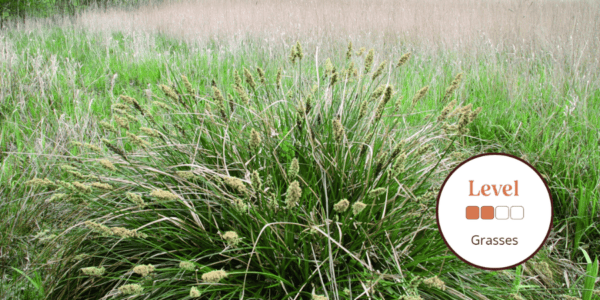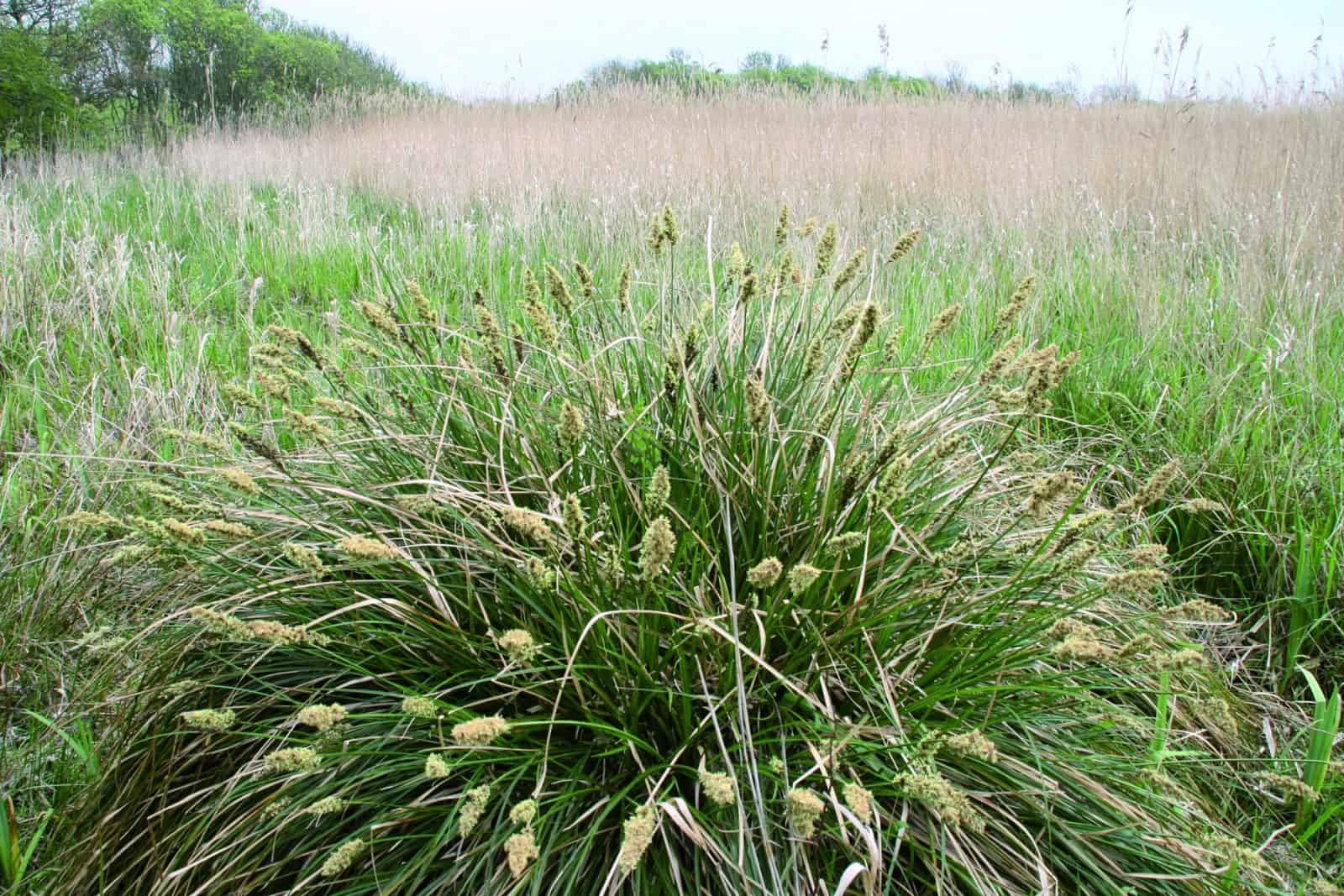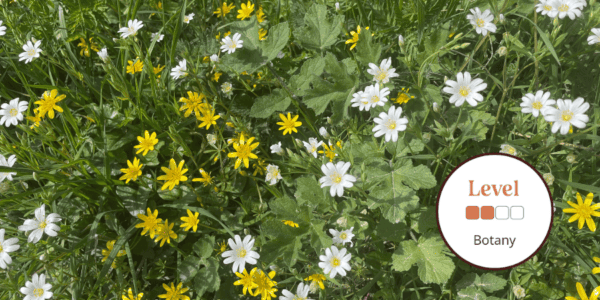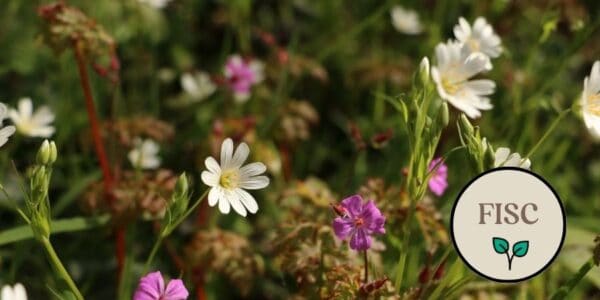This course will provide a perfect beginner introduction to using a key to identify grasses, sedges, and rushes with confidence.
What will be covered during this course?
- Key features for identification
- Learning of required vocabulary when referring to grasses, sedges and rushes
- Using a key to identify grasses, sedges and rushes
Read More
Grasses, sedges and rushes are often a group that are initially dismissed by those developing an interest in our wild plants. The course will begin by learning about the differences between these three target plant groups and the necessary vocabulary to help separate them. Keys will be used to help identify common species. This course will enable you to develop an understanding of the key features that allow us to identify members of this group and to meet many of the most common species. The course will combine identification of species on local sites, learning the required vocabulary mostly in the classroom, and plenty of time outside using a key to build confidence.
By the end of the course, you will be able to:
- Display knowledge of the key characteristics of grasses, sedges and rushes
- Be confident in identifying grasses, sedges and rushes using a key
- Participants should leave the course able to separate the three groups and with the tools needed to help them identify a range of common species.
Who Should Attend? – This course is targeted at anyone who is interested in learning more about this area of natural history.
Knowledge Level – Beginner. Level descriptors can be found on the following web-page: Framework and Course Level Descriptors
Prior Knowledge – No prior knowledge will be assumed; participants with at least some prior knowledge may find it a little easier to build on their existing learning, but it isn’t necessary.
PLEASE NOTE the course fee is for tuition only. There is no accommodation or lunch provided with this course. Refreshments (tea and coffee) will be provided.
Bookings will close if course capacity is reached.
Please email [email protected] if you have any questions.
About the Tutor
Sally Peacock
Sally’s interest in natural history began at an early age but was fanned into flames by involvement in leading groups in the hills and mountains of the UK as a teacher. This led to a fascination with the plants of the UK, so that seeing plants when out walking is like seeing old friends.
Example Timetable
Please arrive in time for the course to start promptly at 10:00am.
There will be a one-hour lunch break during the day. Lunch is not included so please bring your own food. Refreshments (tea and coffee) will be provided when at the Centre.
The course will finish at 17:00pm
What's Included
The course has been carefully created by expert tutors and educators to help you continue to build and develop your knowledge and apply it within the field surrounded by like-minded individuals.
The course includes:
- Classroom learning covering the theory of the species
- Field excursions to apply new knowledge
- Expert tuition for which the Field Studies Council is renowned
- Clear objectives and progression
- Refreshments (tea and coffee)
You can rest assured that the absolute best content from an expert in environmental education will be provided. In choosing a Field Studies Council course, you will be joining thousands of people who learn with us each year.
Bursaries and Subsidies
Student Discount
This course is eligible for a student discount. If you are a current student, please use discount code BioStudent20 at checkout for 20% off all Biodiversity courses.
Natural History Bursaries
There are a number of natural history bursaries available to help with the cost of your course. To find out if you and your chosen course are eligible, find out more here.
Before You Attend
What to Bring:
- Notebook and pencil
- Lunch and refreshments
- Sensible footwear and clothing for being outdoors
- Small bag to carry personal items
- Hand lens if owned
- Please bring along a good plant key or grass guides if you own them.
There will be a member of staff with first aid training and access to a first aid kit on site. If you have special medical or access requirements, please let us know as soon as possible so we can plan the course.
Opportunities to attend this course
-

Sat 08, June 2024 10:00 - 17:00
If you would like to book accommodation and meals at Nettlecombe Court, please email [email protected]. Please note the Centre may not be able to guarantee accommodation and meals during this course.
No current dates for this course? Click here to view all the upcoming Natural History courses.
Progress Your Learning
This is a training course from the Field Studies Council, delivered by expert tutors with an approachable learning style. After attending this course, you may like to progress your learning with further relevant courses or branch out into other areas of natural history. The Field Studies Council offers both online and in-person courses, so you can choose the learning style that suits you best.
The course gives you the opportunity to immerse yourself in a new subject and acquire novel skills. Our online portal gives you time to study at your own pace and fit the lessons around your own schedule.
If you have any questions about our courses please check our Frequently Asked Questions or email [email protected].
Group Bookings Made Easy
If you have a group of 10 or more individuals wanting to complete one of our courses, our team are available to discuss your options – from discounts to private team courses. Click here to find out more!
You can rest assured that the absolute best content from an expert in environmental education will be at your fingertips. In choosing a Field Studies Council course, you will be joining thousands of people who learn with us each year.



